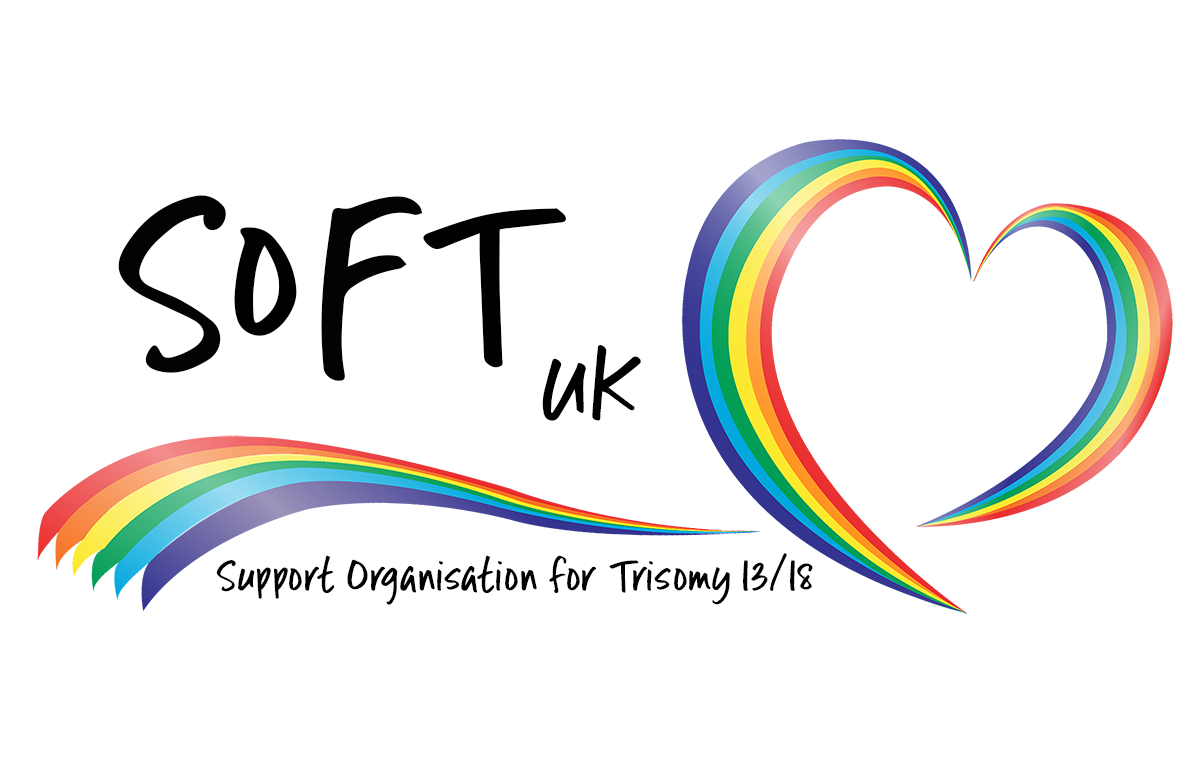How to Process Guilt and Regret After the Loss of a Child
The loss of a child is an unimaginable tragedy that can leave parents grappling with overwhelming emotions, including guilt and regret. These feelings often stem from self-imposed judgments about what “should have” or “could have” been done differently. At SOFT UK, we want you to know that these emotions, while deeply painful, are a normal part of the grieving process—and they do not define your love or worth as a parent.
This article explores the nature of guilt and regret, how they can affect your grieving journey, and strategies for processing these emotions in a healthy and compassionate way.
Understanding Guilt and Regret
What Is Guilt?
Guilt often arises when parents feel responsible for their child’s passing or believe they didn’t do enough to protect them. This could include thoughts like:
“I should have noticed something sooner.”
“Why didn’t I push harder for different treatment?”
“I failed as a parent.”
What Is Regret?
Regret is rooted in a wish that events had unfolded differently. It’s tied to longing for opportunities to change the past, such as:
“I wish I had spent more time with them.”
“I regret the last words we exchanged.”
“If only I had known then what I know now.”
Both guilt and regret are rooted in love, but they can be emotionally paralyzing if left unaddressed.
Why Do We Feel Guilt and Regret?
Parents often place unrealistic expectations on themselves, believing they should always protect their child from harm. When tragedy strikes, this sense of responsibility can transform into guilt and regret, even when circumstances were beyond their control.
These feelings are also magnified by the natural human tendency to replay events in search of answers. This “what if” thinking, though understandable, can trap parents in a cycle of self-blame.
The Impact of Guilt and Regret
Unresolved guilt and regret can have a profound effect on your mental, emotional, and physical well-being. You may experience:
Anxiety and depression: Persistent feelings of worthlessness or sadness.
Social withdrawal: Isolating yourself out of fear of judgment or self-punishment.
Physical symptoms: Fatigue, tension, or even physical pain tied to emotional distress.
Acknowledging these effects is the first step toward healing.
How to Process Guilt and Regret
1. Recognize What Was Out of Your Control
Remind yourself that you are human. You did the best you could with the knowledge, resources, and circumstances you had at the time. Not everything was within your power to change.
What You Can Do: Write a letter to yourself as though you’re speaking to a friend in your situation. Offer the same kindness and understanding you would extend to them.
2. Separate Feelings from Facts
Guilt is often rooted in feelings rather than facts. It’s important to challenge these emotions by reflecting on the truth of your situation.
What You Can Do: Create two lists:
What I Feel Responsible For
What Was Beyond My Control
Seeing the second list grow can help put your emotions in perspective.
3. Talk About Your Feelings
Guilt thrives in silence. Sharing your thoughts with someone who understands—whether a loved one, counselor, or support group—can reduce the burden you’re carrying.
What You Can Do: Join a support group through SOFT UK to connect with other parents who’ve experienced similar loss. Speaking with others who truly understand can help you feel less alone.
4. Practice Self-Compassion
Blaming yourself only deepens your pain. Instead, try to treat yourself with the same love and care you would offer to your child or a dear friend.
What You Can Do: When self-critical thoughts arise, pause and ask:
“Would I blame another parent in my situation?”
“What would I say to a friend who feels this way?” This exercise can help shift your perspective.
5. Honor Your Child’s Memory
Finding ways to celebrate your child’s life can transform feelings of regret into meaningful actions. It allows you to focus on their legacy rather than solely on the loss.
What You Can Do:
Create a scrapbook or memory box.
Dedicate time to a cause that reflects your child’s spirit.
Write letters to your child expressing your love and the memories you cherish.
